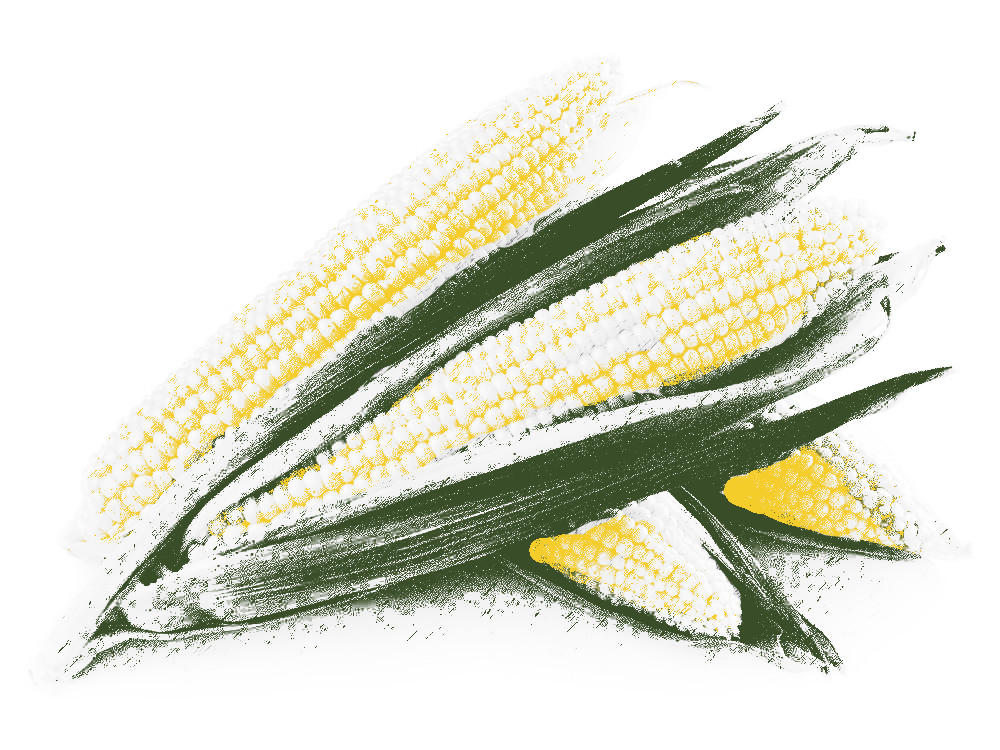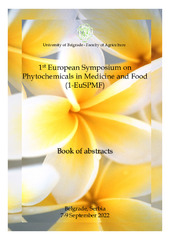Приказ основних података о документу
Sustainable fertilization systems as a prerequisite for improved quality of agricultural products
| dc.creator | Dragičević, Vesna | |
| dc.creator | Brankov, Milan | |
| dc.creator | Stoiljkovic, Milovan | |
| dc.creator | Šenk, Milena | |
| dc.creator | Dolijanović, Željko | |
| dc.creator | Tolimir, Miodrag | |
| dc.creator | Simić, Milena | |
| dc.date.accessioned | 2022-11-22T13:45:25Z | |
| dc.date.available | 2022-11-22T13:45:25Z | |
| dc.date.issued | 2022 | |
| dc.identifier.isbn | 978‐86‐7834‐408‐4 | |
| dc.identifier.uri | http://rik.mrizp.rs/handle/123456789/1056 | |
| dc.description.abstract | Human health is dependent not just on diet, but mainly on quality of agricultural products as a part of diet. If crops were grown on poorly fertile soils, or they are exposed to severe stresses, lesser amount of mineral elements, particularly essential elements, such as zinc, copper, manganese, magnesium, calcium, iron, and even sulphur, will be absorbed and accumulated, resulting in their deficiency in diets and increased incidence of various chronic diseases. Together with naturally low soil fertility, climate change, intensive agriculture is one of the main contributors of soil depletion. Thus, various long-term strategies, which are sustainable for agricultural plants and soils, at the same time, must be developed. It is of particular importance to increase a level of organic matter, as a source of mineral nutrients from the soil. The application through soil, as well as via plant foliage of various complex and organic fertilizers, containing macro- and micro-elements, and many stimulating compounds, enables better absorption and metabolisation of nutrients required for plants and nutrients essential for humans. Besides, bio-fertilizers, containing beneficial microorganisms have an important role in nutrients mobilization in soils, particularly from poorly accessible forms. Many bio fertilizers contain microorganisms that are able to absorb atmospheric nitrogen, thus enriching soil, delivering it to the plants, enabling reduction in amount and costs of nitrogen addition into the soil. Promoting microorganisms are also able to enhance plants ability to absorb water and nutrients by their synergy with roots, resulting in stable and better growth performances of agricultural plants, thus increasing yield and its quality. Some other cropping practices, such as crop rotation, intercropping and use of cover crops, enriches soil with organic matter, reduces losses of nutrients through recycling of harvest residues, therefore increasing soil fertility, as well as quantity and quality of crop yield, at the same time. | sr |
| dc.language.iso | en | sr |
| dc.publisher | Belgrade : University of Belgrade, Faculty of agriculture | sr |
| dc.relation | info:eu-repo/grantAgreement/MESTD/inst-2020/200040/RS// | sr |
| dc.rights | openAccess | sr |
| dc.rights.uri | https://creativecommons.org/licenses/by/4.0/ | |
| dc.source | 1. European symposium on phytochemicals in medicine and food, Belgrade, 7-9.09.2022. godine - Book of abstracts | sr |
| dc.subject | sustainable cropping practices | sr |
| dc.subject | bio-fertilizers | sr |
| dc.subject | microorganisms | sr |
| dc.subject | yield | sr |
| dc.subject | quality | sr |
| dc.title | Sustainable fertilization systems as a prerequisite for improved quality of agricultural products | sr |
| dc.type | conferenceObject | sr |
| dc.rights.license | BY | sr |
| dc.citation.spage | 32 | |
| dc.citation.epage | 32 | |
| dc.identifier.fulltext | http://rik.mrizp.rs/bitstream/id/5925/bitstream_5925.pdf | |
| dc.identifier.rcub | https://hdl.handle.net/21.15107/rcub_rik_1056 | |
| dc.type.version | publishedVersion | sr |


